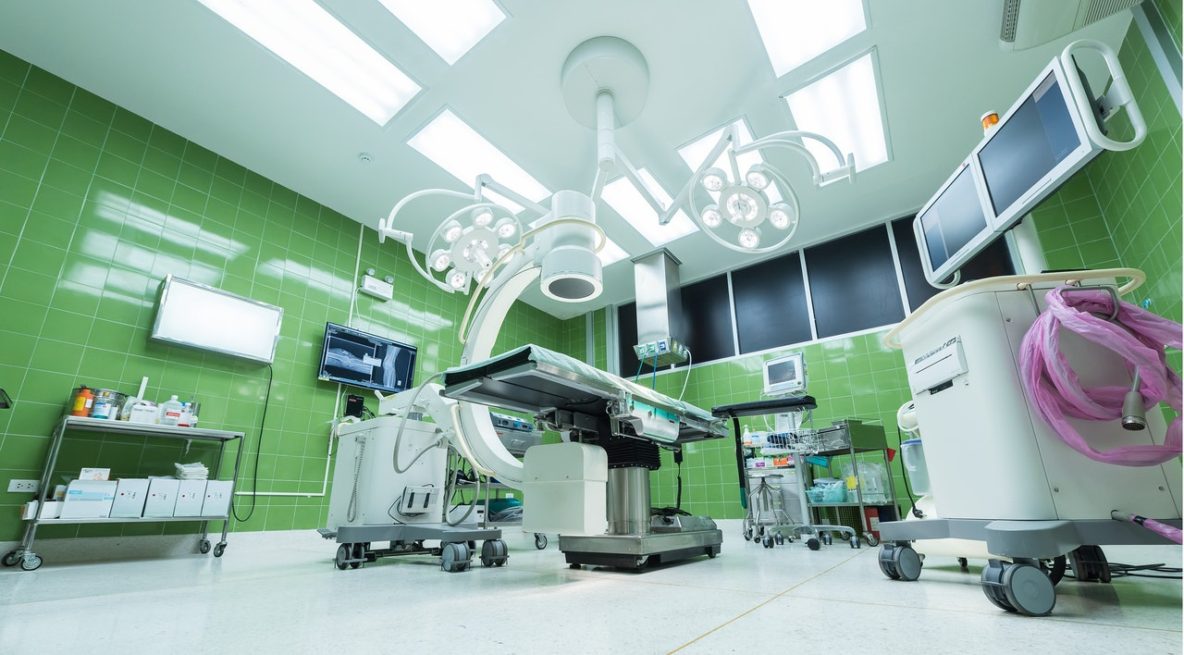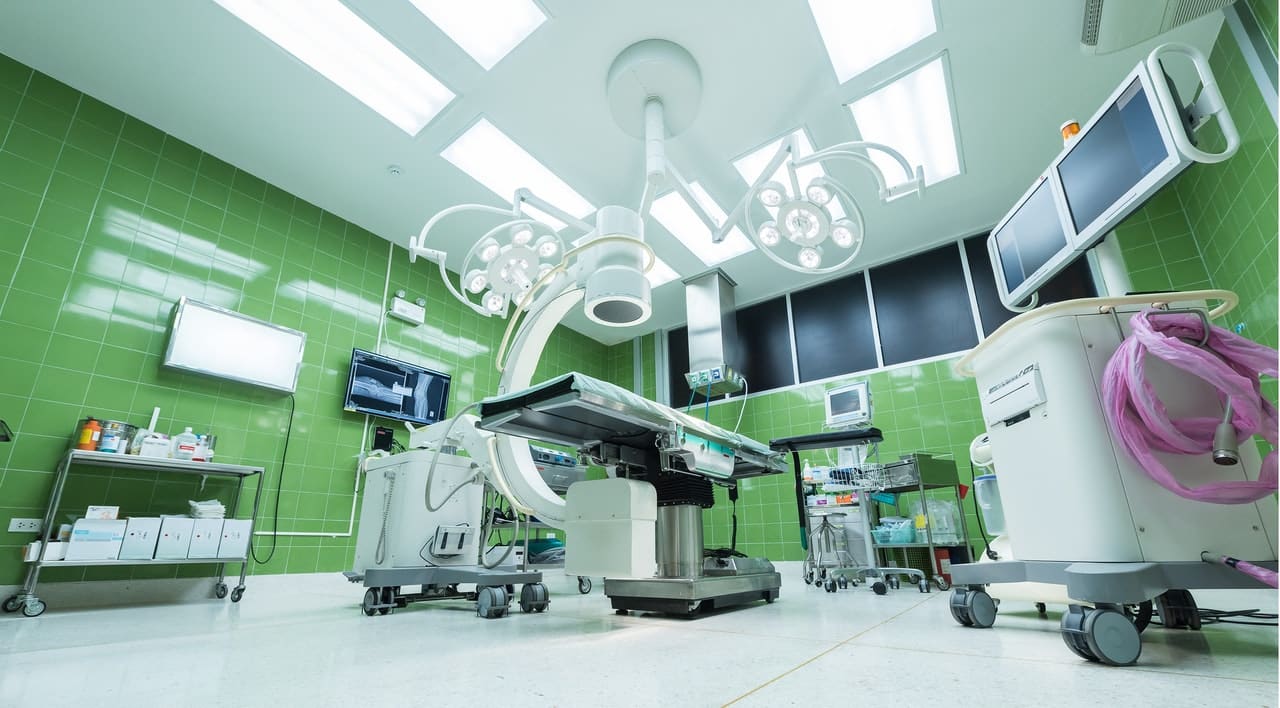Enforce Coverage specializes in workers’ compensation insurance. We have offices in NYC, NY at One Penn Plaza, Wilton CT, Fairfield County, and Huntington NY, Long Island. If you have a medical clinic and are a health care provider looking to buy a new policy, get a better rate, or just a quote, call us at (212) 947-4298.
The information below provides a guide for health care providers and medical clinic workers comp insurance.
Medical Clinic Workers Comp Insurance Class Code 8832 & 9040
Description of operations: Medical clinics provide healthcare services on an outpatient basis. While originally formed to provide low-cost medical services to the poor and destitute and to provide a learning facility for medical students, they now provide the services one could normally obtain in a doctor’s office. Many clinics have become specialized treatment centers that provide a service or group of services in a particular field of medicine such as pediatrics or physical therapy. Other clinics are part of a Health Maintenance Organization (HMO) and provide medical treatment to group participants.
A clinic generally employs licensed primary care doctors who pre-screen patients according to their symptoms, prescribe medication for common ailments, and refer patients in need of more focused medical attention to specialists. Most doctors working in clinics refer patients to a hospital or other medical facility for laboratory tests, surgery, or post-operative care.
Property exposure is high due to the use of expensive diagnostic and medical equipment. Ignition sources include electrical wiring, heating, and air conditioning systems, and overheating of equipment. All electrical wiring must be up to code and equipment properly maintained. Excellent housekeeping is required and smoking should be prohibited.
A small fire, which produces smoke, can cause considerable damage when sterile equipment and environments are compromised. If pharmaceuticals are kept on-premises, theft is a concern. These items should be inaccessible for unauthorized use and stored in a protected area after hours. Most property items are better covered on inland marine forms such as a computer form or the physicians and surgeons floater. The business income and extra expense exposure can be minimized if the clinic has arranged for temporary facilities with another clinic.
Equipment breakdown exposures are high as operations are dependent on medical equipment being available. All equipment should be maintained on an ongoing basis.
Crime exposure comes from employee dishonesty of both money and inventory, particularly relating to drugs on-premises. The potential for theft, directly or by means of identity theft, is great. Background checks should be conducted on all employees with access to drugs or money. Since drugs are tempting and susceptible to theft, employee access must be restricted and carefully monitored. Ordering, billing, and disbursement transactions should be handled as separate duties. Inventories and audits should be performed regularly. Money and securities are a concern if payments are accepted on-premises. Deposits should be made regularly and money should not be kept on premises overnight
Inland marine exposures include accounts receivable if the clinic bills for services, computers, physicians and surgeons equipment floater (which can include all office furnishings), and valuable papers and records for patients’ and suppliers’ information. Computers are used for patients’ records and other office purposes, but most medical equipment, such as video equipment and X-ray machines, is also computerized. Physicians and surgeons’ equipment includes items that doctors may take off site to handle emergencies. A medical clinic will generally include sophisticated computer and medical equipment, especially if it specializes in a particular medical field. Duplicates should be made of all records and stored off-site.
Professional liability exposure is extensive as most clinics serve patients either who have no regular physician or whose regular physician is unavailable. Decisions are made based on limited background information with verification of medical history generally unavailable. The exposure increases if the provider fails to conduct thorough background checks to verify employees’ credentials, education, and licensing. Staff turnover is high in clinics, disrupting continuity inpatient care. Records must be well-documented and prior data obtained as much as possible. The prescreening questionnaire is vital.
Very serious losses may result from failure to secure patient approval before performing procedures, including vaccinations. Training and safety equipment should be in place to prevent exposure to radiation when performing X-rays. Needles and other equipment must be sterilized and sanitized to prevent the spread of blood-borne infectious diseases such as hepatitis, HIV, and AIDS. On-site surgery must be closely monitored, with an experienced trained individual administering and monitoring the use of the anesthetic. Finally, inappropriate touching and sexual misconduct must be considered.
Automobile exposure is generally limited to hired and nonownership liability for employees running errands. If there are owned vehicles, all drivers should be licensed with acceptable MVRs. Vehicle maintenance should be ongoing and documented in a central location.
Workers’ compensation exposure is due to the possible transmission of disease from a patient. Gloves and masks must be worn at all times when working around any bodily fluids. Unruly or unpredictable patients can cause harm including strains, back injuries, and contusions. Employees should have access to vaccinations to prevent diseases. Training and safety equipment should be in place to prevent exposure to radiation when performing X-rays. Because patient information and billings are done on computers, potential injuries include eyestrain, neck strain, carpal tunnel syndrome, and similar cumulative trauma injuries that can be addressed through ergonomically designed workstations. Workers who travel off-site may encounter difficult circumstances, especially when going into patients’ residences. Procedures should be in place to monitor off-site exposure and provide for emergency backup.
About Enforce Coverage Group Workers Compensation Insurance Brokers and Agents
We are located at 1 Penn Plaza and service businesses in New York State, New Jersey, Pennsylvania, and Connecticut.


